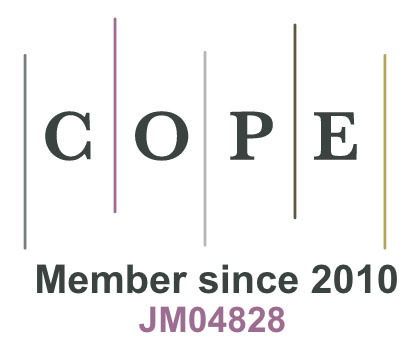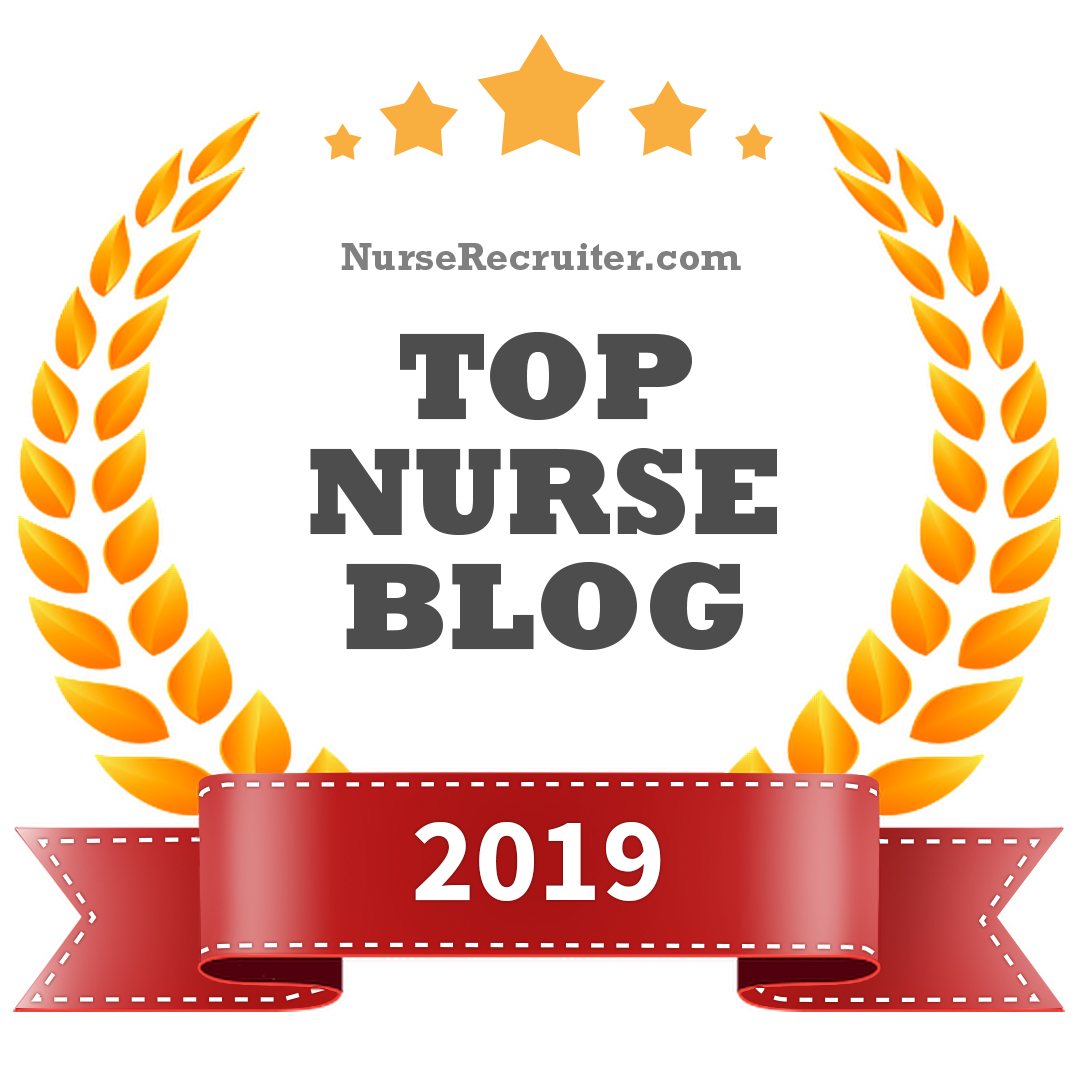Professional Governance
The current featured article in ANS is titled “Professional Governance Scale: Instrument Development and Content Validity Testing” by Marla J. Weston, PhD, RN, FAAN; Joyce A. Verran, PhD, RN, FAAN; Joanne T. Clavelle, DNP, RN, NEA-BC, FACHE and Tim Porter-O’Grady, DM, EdD, APRN, NEA-BC, FAAN. The article is available at no cost from the ANS website while it is featured. Dr. Weston shared this message for ANS readers about this work:
The Professional Governance Scale research team began meeting over four years ago with the goal of developing and refining a new instrument to measure shared governance that could be used by aspiring and current Magnet® organizations. After more than thirty years of experience and maturation with shared governance, the team recognized that the context and concept had evolved and so there was a need to examine the concept with a fresh, contemporary perspective. One of the most insightful observations was that the term shared governance was originally selected in order to limit management resistance to legitimate nurse power over their practice and that it often created more confusion than clarity by leaving the content of what was shared in governance undefined. With deep analysis of excellence in nursing practice, the term professional governance was recognized as more accurately describing the practice of legitimate autonomy and control over the structures and processes of nursing care.
and maturation with shared governance, the team recognized that the context and concept had evolved and so there was a need to examine the concept with a fresh, contemporary perspective. One of the most insightful observations was that the term shared governance was originally selected in order to limit management resistance to legitimate nurse power over their practice and that it often created more confusion than clarity by leaving the content of what was shared in governance undefined. With deep analysis of excellence in nursing practice, the term professional governance was recognized as more accurately describing the practice of legitimate autonomy and control over the structures and processes of nursing care.
A concept analysis enabled the clarification of attributes and characteristics of professional governance, and subsequently guided item development. The second most interesting discovery of this work was during content validity testing of the instrument. Two groups of subject matter experts were used – those with expertise in instrument development and those with expertise in professional governance. Unexpectedly, relevancy ratings differed between the two groups of subject matter experts indicating that the unique perspective and expertise offered by each set of experts provided valuable input into the items and instrument development. This finding reinforces the importance of thoughtfully selecting content validity experts.
Upon reflection, this discovery also highlights one advantage of the composition of the research team. The combination of expertise in both instrument development and content on shared/professional governance facilitated a rich analysis and contribution to understanding an important facet of the professional practice of nursing.







